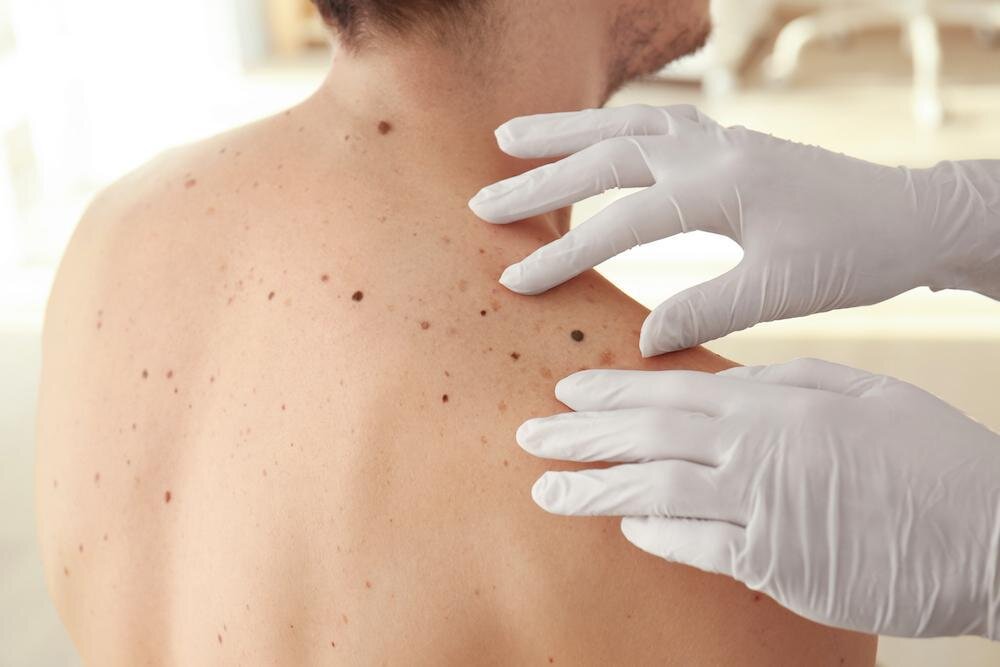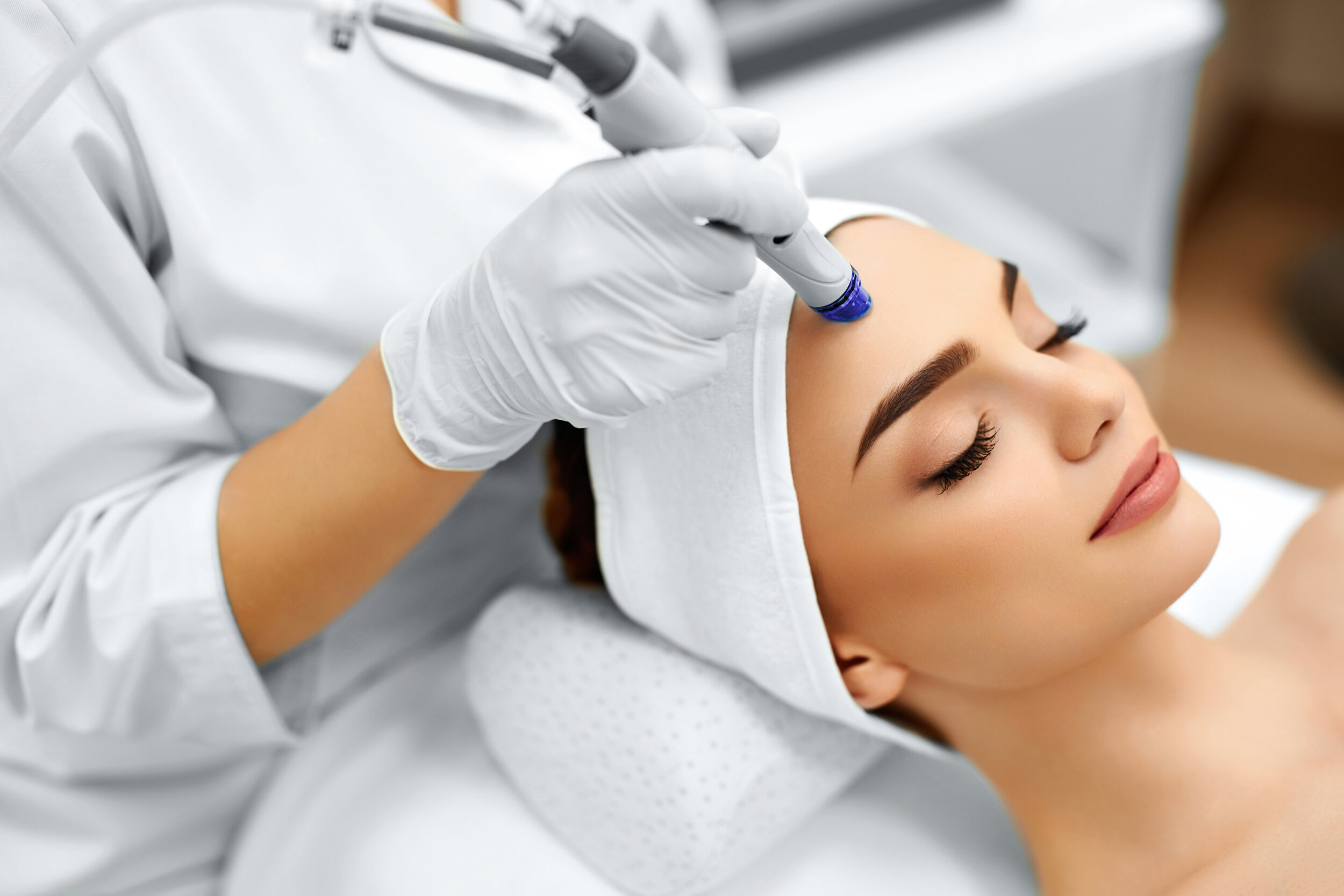
Medical Dermatology
Skin cancer is abnormal, accelerated growth of skin cells. If you discover your skin cancer in its early stages, you have a high chance of a full recovery. For this reason, you should know what to look for and check yourself regularly for signs and symptoms.
Mohs surgery is one of many available treatments for certain types of skin cancer. Upon getting a skin cancer diagnosis, you may have feelings of fear or uncertainty about the next steps.
Photodynamic therapy is a treatment for cancer that uses a combination of medications and high-intensity light, like lasers, to kill cancerous cells. During a photodynamic therapy treatment at Petrin Dermatology, you receive a special light-sensitive medication that your cells readily absorb. For skin cancer, the medication comes in the form of a topical cream.
Acne is a highly common skin condition that causes you to break out in cysts, blackheads, whiteheads, and other oily or irritated skin bumps. These blemishes appear when the pores in your skin become clogged with oil and dead skin cells. Soon, bacteria accumulate in the clogged pore and make it swollen and inflamed.
Psoriasis is a noncontagious immune system disease that causes skin flare-ups to appear on and off throughout your life. The patches of scaly skin associated with psoriasis appear because the condition speeds up the life cycle of your skin cells. As your cells die, they build up on the surface of your skin. The patches are itchy and often painful.
Eczema, also called dermatitis, is a type of skin irritation that flares up intermittently over the course of your life. While children get flare-ups more often than adults, eczema can affect you at any age. It’s most common on your hands because you use them often, and it’s hard to protect them from irritants.
Warts are viral skin growths that typically appear on your hands or the bottom of your feet. They’re usually harmless to your health, but you might not like the way they look on your skin. Thankfully, they’re easy to remove with a dermatologist’s help.
Vitiligo is a skin disease characterized by the loss of skin pigment in blotches. If your skin starts to lose its color on any part of your body, you might have the condition. It’s impossible to predict the rate at which your skin will lose its color and how much of your body the condition will affect.








